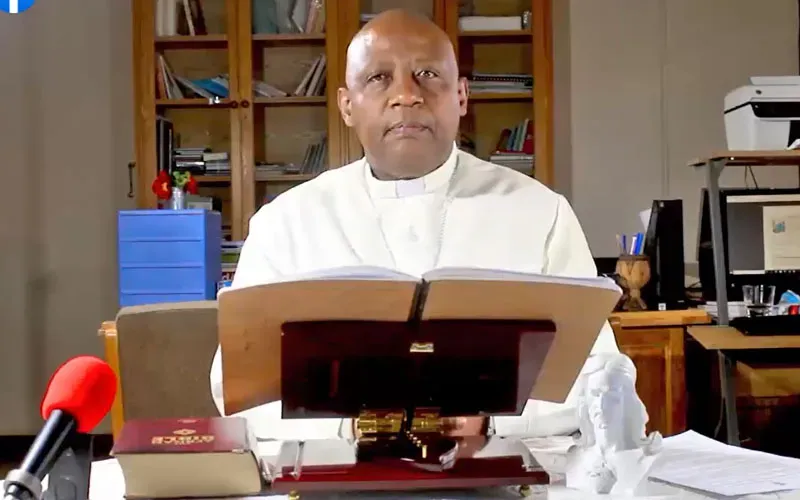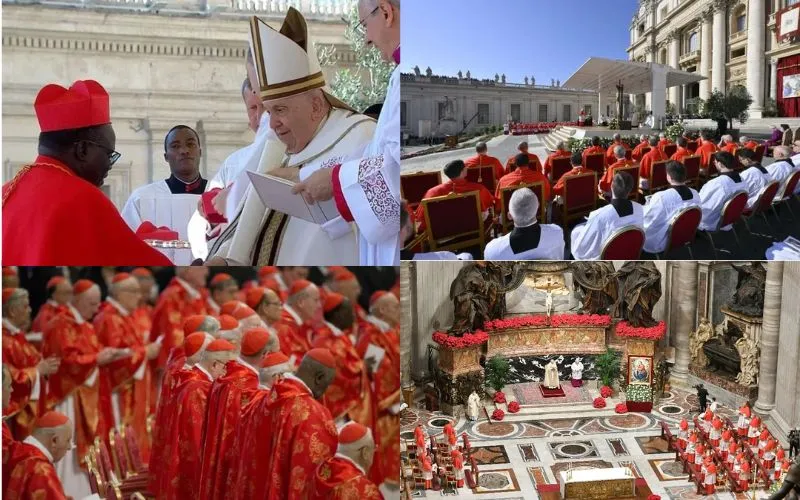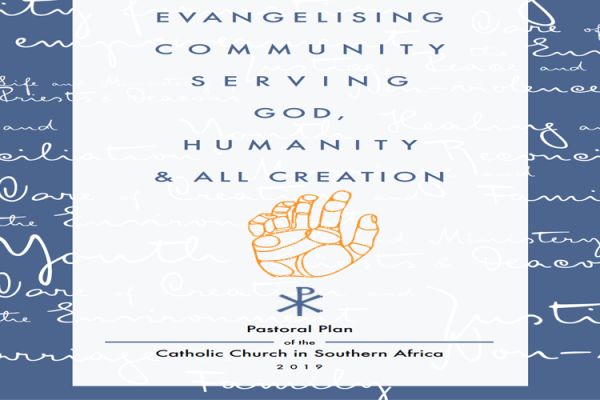Johannesburg, 30 October, 2021 / 8:30 pm (ACI Africa).
If any planned dialogue toward an end to the growing instability in Eswatini is to result in “an acceptable agreement,” there is need for the parties in conflict to engage notable “negotiators and mediators”, a Catholic Bishop in South Africa has said.
In a video message published Wednesday, October 27, Bishop Victor Phalana uses the example of South Africa’s former President, Frederik Willem de Klerk who facilitated the end of apartheid through “a negotiated settlement” to underscore the need for professional personalities.
“I think the government of Eswatini, the king and the other parties and stakeholders must employ the services of renowned negotiators and mediators to assist them to facilitate this discussion so that it can come with an acceptable agreement and a negotiated settlement,” Bishop Phalana says.
The government of Eswatini announced King Mswati III’s call for Sibaya, the country’s annual national general meeting, to be used as a from to discuss the ongoing political crisis in Africa’s only absolute monarch.
The king’s call followed his meeting with the Southern African Development Community (SADC) delegates on October 22. The country that was previously known as Swaziland has been engulfed by protests since June as citizens call for a democratic rule to replace the monarchy system of government.








